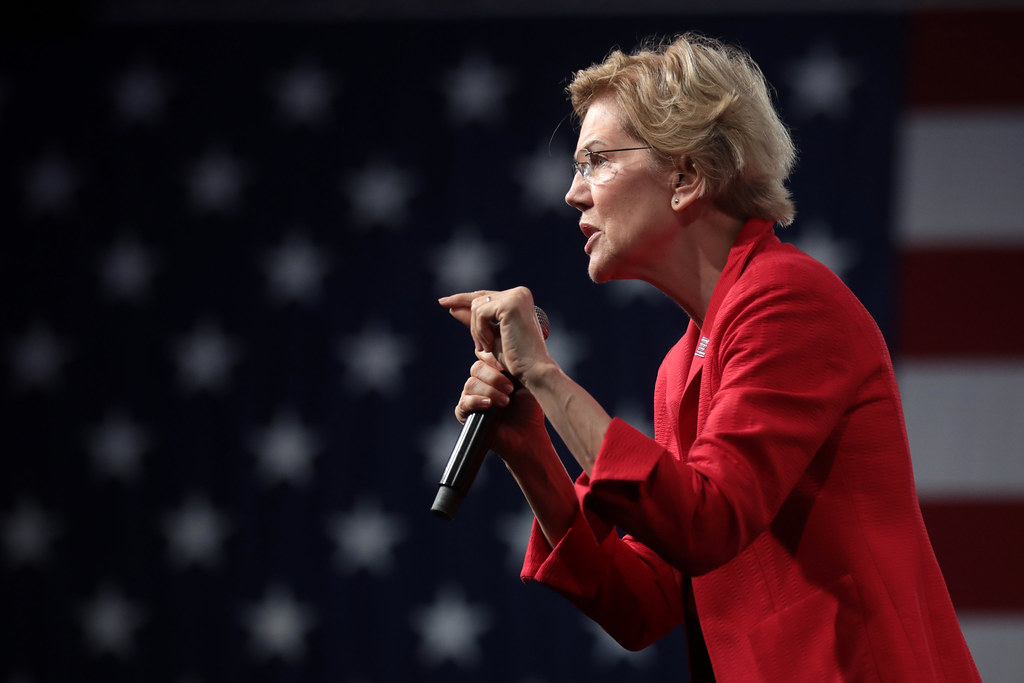In a world where the private lives of public figures are increasingly under the microscope, Taylor Swift’s recent legal threats against a Florida college student have sparked a debate about privacy, public safety, and the right to information. The student in question, Jack Sweeney, has been using open-source data to track the flights of various high-profile individuals, including Swift, and sharing the environmental impact of their travels.

Swift’s attorney, Katie Wright Morrone, sent Sweeney a cease and desist letter in December, stating that if he did not cease his ‘stalking and harassing behavior,’ Swift would ‘have no choice but to pursue all legal remedies.’ The letter, as reported by the Washington Post, emphasized the severity of the situation by saying, ‘While this may be a game to you, or an avenue that you hope will earn you wealth or fame, it is a life or death matter for our Client.’
The tracking of Swift’s jet, according to Morrone, has caused ‘direct and irreparable harm, as well as emotional and physical distress’ to Swift and her family, heightening the ‘Fearless’ singer’s ‘constant state of fear for her personal safety.’ This claim is supported by Swift’s spokeswoman, Tree Paine, who told the Washington Post that ‘the timing of stalkers suggests a connection’ between the tracking and the appearance of stalkers.
Sweeney, however, maintains that the information he shares is already public, criticizing Swift’s team’s approach as an attempt to ‘control the world.’ He argues that there is a legitimate public interest in this information, citing the growth of the TaylorSwiftJets account and subreddit as evidence of public support. Sweeney’s stance is that transparency and public information are vital, and he has no intention of causing harm.
The college junior uses data from the Federal Aviation Administration and volunteer hobbyists to log the takeoffs and landings of planes owned by celebrities and other public figures. His attorney, James Slater, argues that Sweeney’s actions are a use of public information to track a public figure and that it constitutes protected speech.
Swift’s legal team has also pointed out that her jet is often ‘loaned out regularly to other individuals,’ and that attributing all trips to her is incorrect. Moreover, Swift’s publicist has stated that Swift has purchased more than double the carbon credits required to offset her travel emissions.
The situation escalated when Sweeney’s social media accounts were disabled for breaking privacy rules, leading him to share updates on a different account, Celeb Jets. Despite this, another letter was sent to Sweeney by Swift’s attorneys, reiterating the claim of ‘harassing conduct.’
As the debate continues, the core issues at hand revolve around the balance between a public figure’s right to privacy and the public’s right to information, especially in the context of environmental impact and safety concerns. Swift’s encounters with stalkers and the potential risks posed by the dissemination of her travel details are weighed against the argument for transparency and the use of publicly available data.
This case is not just about Taylor Swift; it’s a reflection of the broader conversation about privacy in the digital age, where the boundaries between public and private information are increasingly blurred. As the story unfolds, it will undoubtedly add to the ongoing discourse on the rights of individuals versus the collective right to information in our interconnected world.
Related posts:
Taylor Swift threatens legal action against student tracking her jet in matter of ‘life or death’
Taylor Swift Threatens Legal Action Against College Student Over Social Media Flight Tracking
Taylor Swift threatened to sue the college student who tracks her private jet





